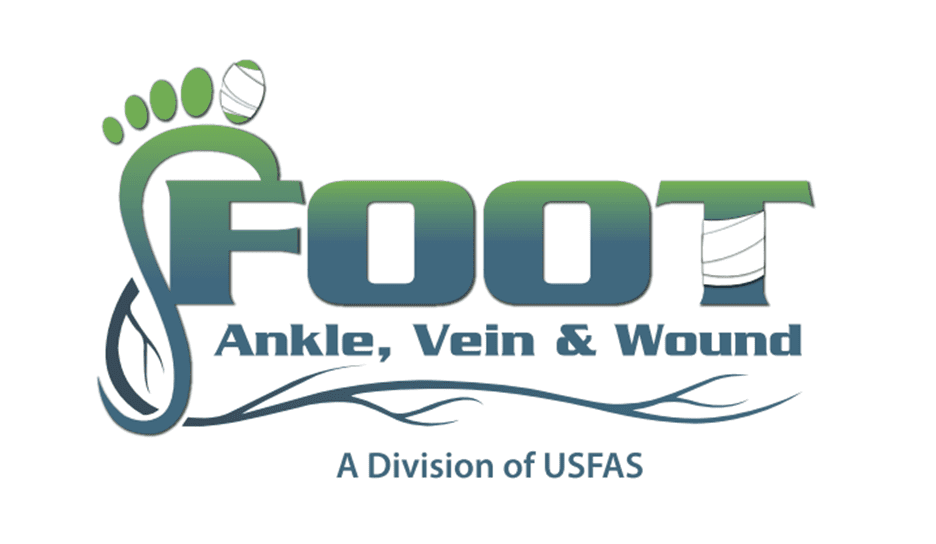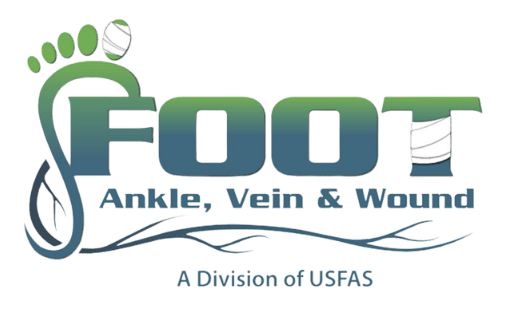
Achilles Tendon Pain and Injuries
Your Achilles, which connects the calf muscles to the heel bone, is the largest and toughest tendon in your body. It’s able to withstand incredible forces of 1,000 pounds or more, over and over again, as you stand, walk, run, and jump. Yet despite its strength, no other tendon is torn, ruptured, or injured as frequently.
Achilles tendon problems are especially common in athletes, from recreational “weekend warriors” all the way to professionals. Repetitive overuse can lead to inflammation or degeneration in the tendon (Achilles tendinitis), while a sudden trauma can severely rip or rupture the tendon entirely.
At Foot and Ankle Clinic of the Virginias, we specialize in providing quick, effective care for Achilles tendon injuries of all types.
Common Achilles Tendon Problems
Achilles Tendinitis
Achilles tendinitis tends to begin with a dull ache, located at the back of the leg (and usually just above the heel). This is where your tendon inserts into the heel bone, and it’s at the point where the tendon is usually the weakest and most vulnerable. Over time, the pain may become more severe, especially after athletic activities. Tenderness and stiffness are other common symptoms, particularly in the early morning.
Achilles Rupture
If your tendon has been partially or fully ruptured, the pain is usually immediate and severe. You may even feel a snap or hear a “pop” at the moment of the tear. Depending on the severity of the rupture, you may find it difficult or impossible to bend your foot downward, push off on the injured leg, or stand on your toes. In fact, simply standing and walking properly may become impossible.
Top Causes of Achilles Injuries
Tendons can break down through both repetitive overuse and from sudden, high-intensity impacts (such as landing awkwardly after a jump shot). Although anyone can injure their tendon, middle-aged men are at especially high risk. At this time in life, people may still enjoy vigorous athletic activity, but find that their tendons aren’t quite as durable as they once were due both to age and decrease in personal fitness.
Other risk factors and events that can cause tendon injuries include:
- Frequent, repetitive impact exercises and sports participation without adequate rest days
- Beginning a new sport or activity too aggressively after a long period of inactivity
- Rapidly increasing the mileage, speed, or intensity of a workout program in a short period of time.
- Lack of strength and flexibility in the tendons and joints
- Use of improper equipment, especially shoes
- Hill running or stair climbing
- Obesity
Recovering from Achilles Injuries
We’re athletes and sports fans ourselves at Foot and Ankle Clinic of the Virginias, so we understand how important it is that you get yourself fully healthy as quickly as possible. That’s why we work hard to tailor every treatment plan specifically for the individual patient. Assessing your needs and helping you through the right treatment program for you is what we do.
Tendinitis can usually be treated without need for surgery. Options include:
- A bandage or walking boot to restrict motion of the tendon during healing
- Approved medications, such as over-the-counter NSAIDs, for a period of time
- Orthotic shoe inserts that help support muscles and relieve stress on the tendon. We offer prefabricated insoles and pads, as well as custom orthotics.
- Stretches and physical therapy (including massage and ultrasound) to strengthen weak muscles and tendons and improve flexibility.
- In extreme cases, surgery may be required to remove fibrous tissue and repair any serious tears. Most Achilles ruptures are best remedied through surgery, although in certain circumstances non-surgical care via casting may be preferred.
Whenever you experience pain around the heel or the back of the leg, make a quick trip to Foot & Ankle Clinic of the Virginias for prompt evaluation and treatment. We have many convenient locations across Virginia and West Virginia to serve you. Request an appointment online, or give us a call at (800) 456-8637.

